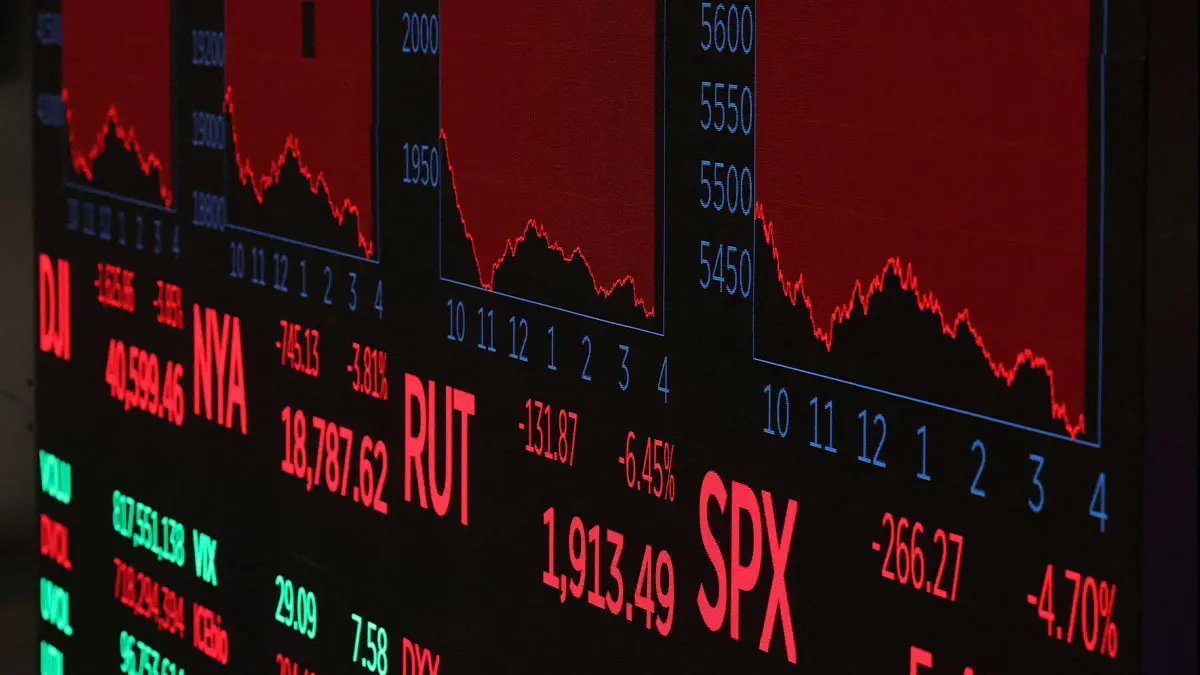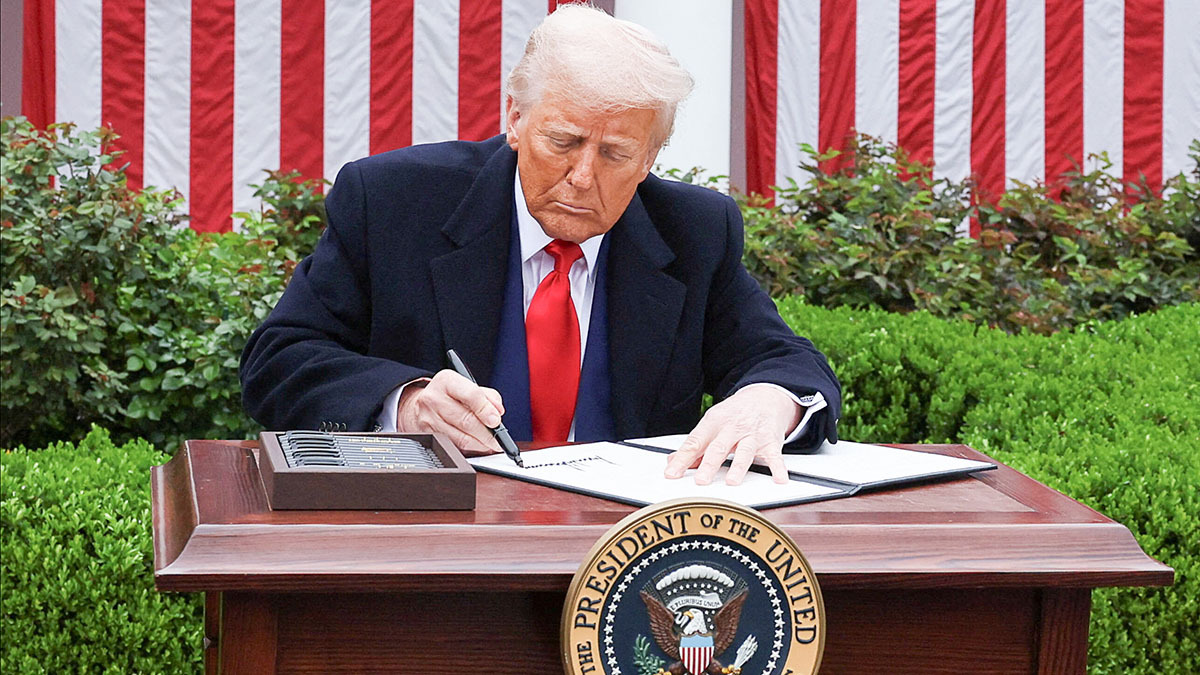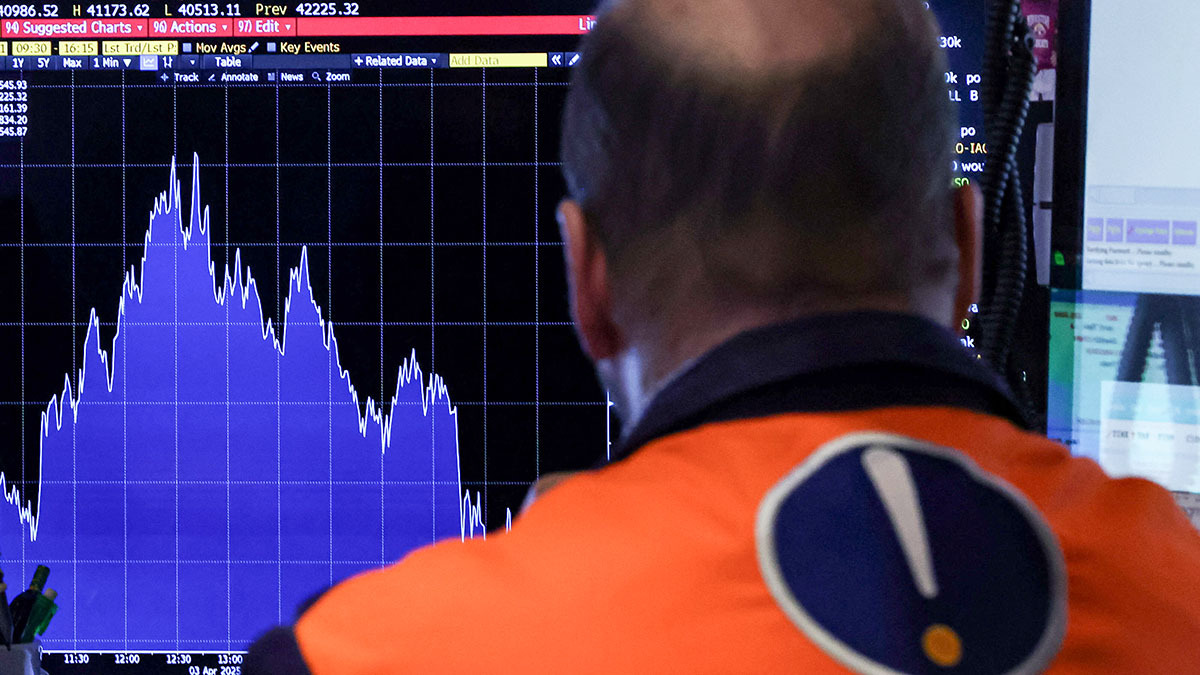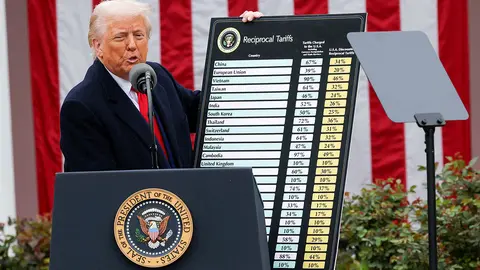Trump's new tariffs unleash an economic storm

The recent announcement by the President of the United States, Donald Trump, about the imposition of new tariffs on China, Europe and several Latin American countries has generated reactions of rejection all over the world. The measures, which seek to impose base taxes of 10% on all imports and additional tariffs on certain countries, have been described by international leaders as an attack on the global trading system.
International reactions
China was one of the first countries to react. Its Ministry of Commerce demanded that Washington ‘immediately cancel’ the measures, warning that they endanger world economic development. It also announced that it would take countermeasures to protect its interests.
In Latin America, Brazil quickly prepared to respond with an ‘economic reciprocity law’ approved by Congress. Meanwhile, Colombian President Gustavo Petro considered the tariffs ‘a big mistake’ but also an opportunity for his country and the region to benefit by producing cheaper goods for the US market.

From Canada, Prime Minister Mark Carney announced that his government would take countermeasures, while the President of the European Commission, Ursula von der Leyen, said that the EU is ‘prepared to respond’ although she left the door open to negotiations. Olaf Scholz, Germany's head of government, called the measure ‘fundamentally wrong’, and French Prime Minister François Bayrou called it a ‘catastrophe’.
In the UK, Keir Starmer warned of the global economic impact, while Italian Prime Minister Giorgia Meloni warned of the risk of a trade war that would weaken the West. In Spain, Pedro Sánchez launched a €14 billion package to counter the effects of the measure.

In Asia, Japan and Taiwan deeply regretted the US decision and announced negotiations with Washington. Australia, Thailand and Poland also expressed their disagreement and announced response plans.
Europe did not start the tariff confrontation.
— Ursula von der Leyen (@vonderleyen) April 1, 2025
Tariffs are taxes, paid by the people.
But Europe has everything to protect our people and our prosperity.
We will always promote & defend our interests and values.
And we will always stand up for Europe. https://t.co/l4xeJOAScz
Historical falls in the stock markets
The impact of the tariffs was immediate in the financial markets. Wall Street suffered its worst session since the 2020 pandemic, with the Dow Jones falling more than 1,600 points, the S&P 500 plummeting 4.84% and the Nasdaq Composite losing 5.97%. Tech companies like Apple fell 9.25% due to concerns about disruptions to their supply chains.

In Europe, the Stoxx 600 fell 2.7%, while the German DAX and the French CAC 40 fell 3.01% and 3.31%, respectively. Luxury companies such as LVMH, Hermès and Kering saw their value fall by up to 7.51% due to their dependence on the US market. In the automotive sector, Volkswagen, BMW and Porsche also recorded significant losses in the face of the new 25% tariffs.
The US dollar weakened against other major currencies, with the dollar index falling to its lowest level since October 2024. In contrast, the euro, yen and Swiss franc strengthened as safe havens.

Possibility of negotiation
Despite the economic chaos unleashed, Trump insisted that the effects would be ‘temporary’ and that the markets would experience a ‘boom’. In this sense, the US president said he was open to negotiating with other countries as long as they offered him something ‘phenomenal’ in return.
‘If someone says they're going to give us something great, as long as they give us something that's good,’ he told reporters on board Air Force One a day after announcing the new economic measures. ‘Tariffs give us great negotiating power,’ he said.
"My fellow Americans, this is Liberation Day. April 2, 2025, will forever be remembered as the day American industry was reborn, the day America's destiny was reclaimed, and the day that we began to Make America Wealthy Again." –President Donald J. Trump 🇺🇸🦅 pic.twitter.com/DrjnwK5Lwi
— The White House (@WhiteHouse) April 3, 2025
However, his statements contrasted with those of several White House officials, who said that the tariffs ‘are not negotiable’.
The impact of these tariffs, which will come into effect on 5 and 9 April, is causing global uncertainty. As the world faces a possible major trade war, the countries affected are looking for strategies to mitigate the consequences.









